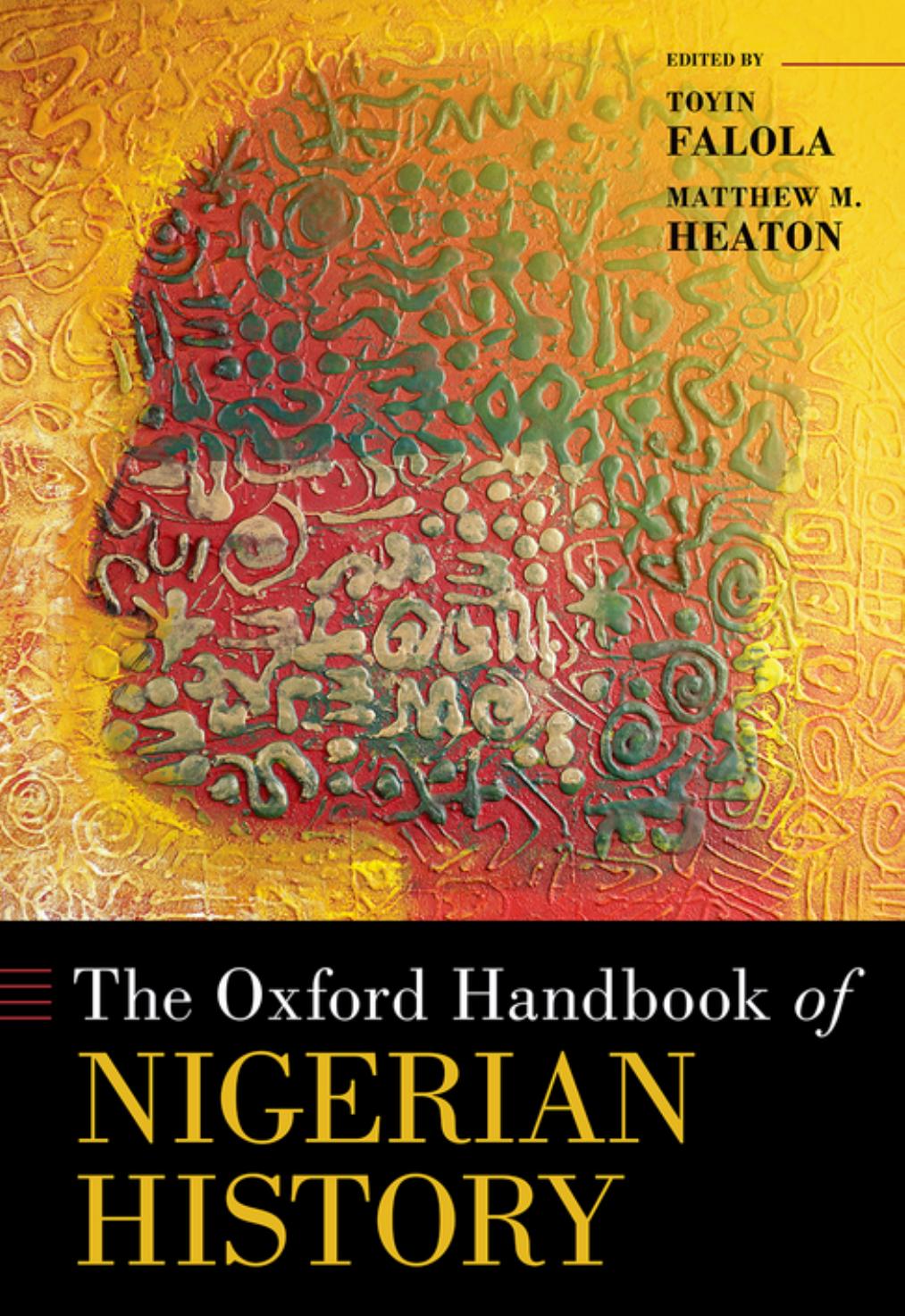The Oxford Handbook of Nigerian History by Toyin Falola

Author:Toyin Falola
Language: eng
Format: epub, pdf
Publisher: Oxford University Press
Published: 2021-04-15T00:00:00+00:00
Benign Aspects of the Federal Experience
Despite its multiple travails and shortcomings, federalism in the First Republic was not without some redeeming outcomes. The regions, for instance, displayed significant constitutional autonomy in shaping their political destinies and structures in the best traditions of federalist self-rule. Unlike the monolithic, oil-based, fiscal centralism of the post-First Republic years, the regions developed distinctive regional economies based on agricultural commodity exports. A relatively healthy competition developed between the regions, and such benign inter-regional rivalry sometimes translated into socially responsive governance. The parliamentary system of governance in the First Republic produced a propensity for coalitional politics and collegiate governance at the federal executive level, thereby mitigating the pathologies of ethno-regional hegemony and acrimony. Finally, federalism in the First Republic included moments of promising constitutional deliberation and adaptation, which indicated some willingness on the part of Nigerian elites to tinker with the countryâs problematic colonial federal legacy.
The relative autonomy of the regions in the First Republic distinguished these units from the states that succeeded them. Despite the general tendency toward increasing centralization, the regions exercised important residual powers over health, education, and agriculture. The regional governments retained their own constitutions and significantly controlled many local-level matters. Making local governments âa regional responsibility,â for instance, led to considerable internal diversity in the localitiesâ design and administration (Wraith 1966, 211). The Southern regions rapidly introduced elected majorities into their local government systems, often with disappointing results. On the other hand, the Northern Region adopted a more conservative and incremental approach, establishing local authorities or native administrations with varying âproportions of traditional, nominated, and elected membersâ according to the peculiarities of each locality (Wraith 1966, 243).
The allocation of export revenues from agricultural commodities on a region-of-derivation basis buttressed regional governmentsâ relative autonomy. Despite the collapse in the international prices of agricultural commodities in the sixties, the regions maintained distinct economic identities based on the cultivation and export of cocoa in the West, groundnuts and seed cotton in the North, palm oil in the East, and rubber in the Mid-West (Adedeji 1969, 41). The regional agricultural economies supported lucrative commodity marketing boards, major agricultural research institutes, multiple regional âburgeoning parastatals,â and ambitious public commitments to providing socio-economic welfare and services (Idachaba 1989, 11). Despite the growing financial dependence of regional governments on the center, regional economic fortunes were significantly tied to local economic activity. In other words, subnational fiscal prospects in the First Republic were not based exclusively on the centralized redistribution of external rents. In contrast to the fiscal centralism that would come to define Nigeriaâs intergovernmental relations after the 1960s, federalism in the First Republic produced a system of âfour regional marketsâ in which the regional governments acted âas important investorsâ in socio-economic development and in the planning and delivery of welfare to their respective constituents (Oyovbaire 1985, 43).
Pressures from their constituents to deliver key services invariably led to competition among the regions in many areas, including the introduction of free basic education, the establishment of tertiary or university-level educational institutions, and the provision of public broadcasting services.
Download
The Oxford Handbook of Nigerian History by Toyin Falola.pdf
This site does not store any files on its server. We only index and link to content provided by other sites. Please contact the content providers to delete copyright contents if any and email us, we'll remove relevant links or contents immediately.
| Africa | Americas |
| Arctic & Antarctica | Asia |
| Australia & Oceania | Europe |
| Middle East | Russia |
| United States | World |
| Ancient Civilizations | Military |
| Historical Study & Educational Resources |
Goodbye Paradise(2966)
Men at Arms by Terry Pratchett(2406)
Tobruk by Peter Fitzsimons(2062)
Pirate Alley by Terry McKnight(1909)
Arabs by Eugene Rogan(1836)
Borders by unknow(1787)
Belonging by Unknown(1467)
The Biafra Story by Frederick Forsyth(1324)
It's Our Turn to Eat by Michela Wrong(1303)
Botswana--Culture Smart! by Michael Main(1238)
A Winter in Arabia by Freya Stark(1225)
Gandhi by Ramachandra Guha(1196)
Coffee: From Bean to Barista by Robert W. Thurston(1181)
Livingstone by Tim Jeal(1152)
The Falls by Unknown(1142)
The Source by James A. Michener(1135)
The Shield and The Sword by Ernle Bradford(1101)
Egyptian Mythology A Fascinating Guide to Understanding the Gods, Goddesses, Monsters, and Mortals (Greek Mythology - Norse Mythology - Egyptian Mythology) by Matt Clayton(1088)
Africa: Altered States, Ordinary Miracles by Richard Dowden(1078)
